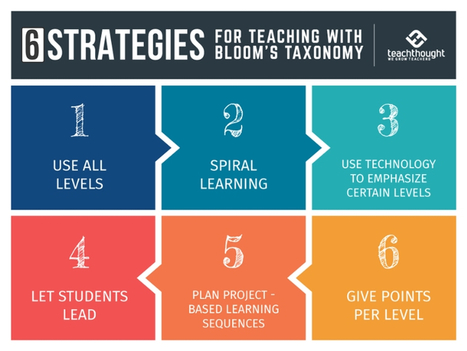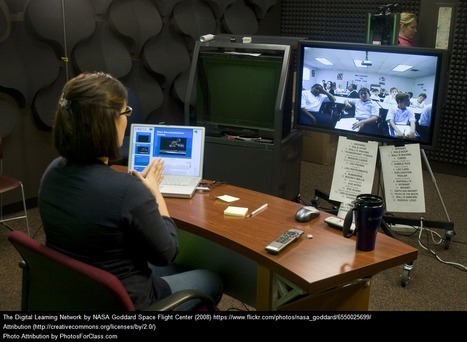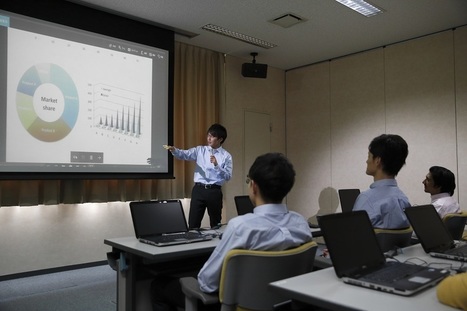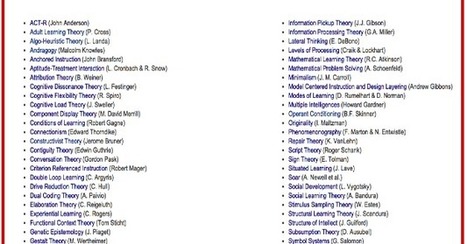One and a half billon students around the world, according to UNESCO(link is external), were engaged in remote learning at the height of the COVID-19 pandemic in March 2020. Some students were able to access the Internet to do so, but not all. The majority of students around the world, who have access to smartphones, are able to use these as learning devices. Others are more fortunate and have tablets, laptops or desktops. Their instructors, some with no previous experience of teaching online or at a distance, discovered new approaches to teaching and learning and imaginative work was undertaken to overcome the very real challenges this current reality gives rise to.
Via EDTECH@UTRGV



 Your new post is loading...
Your new post is loading...





















